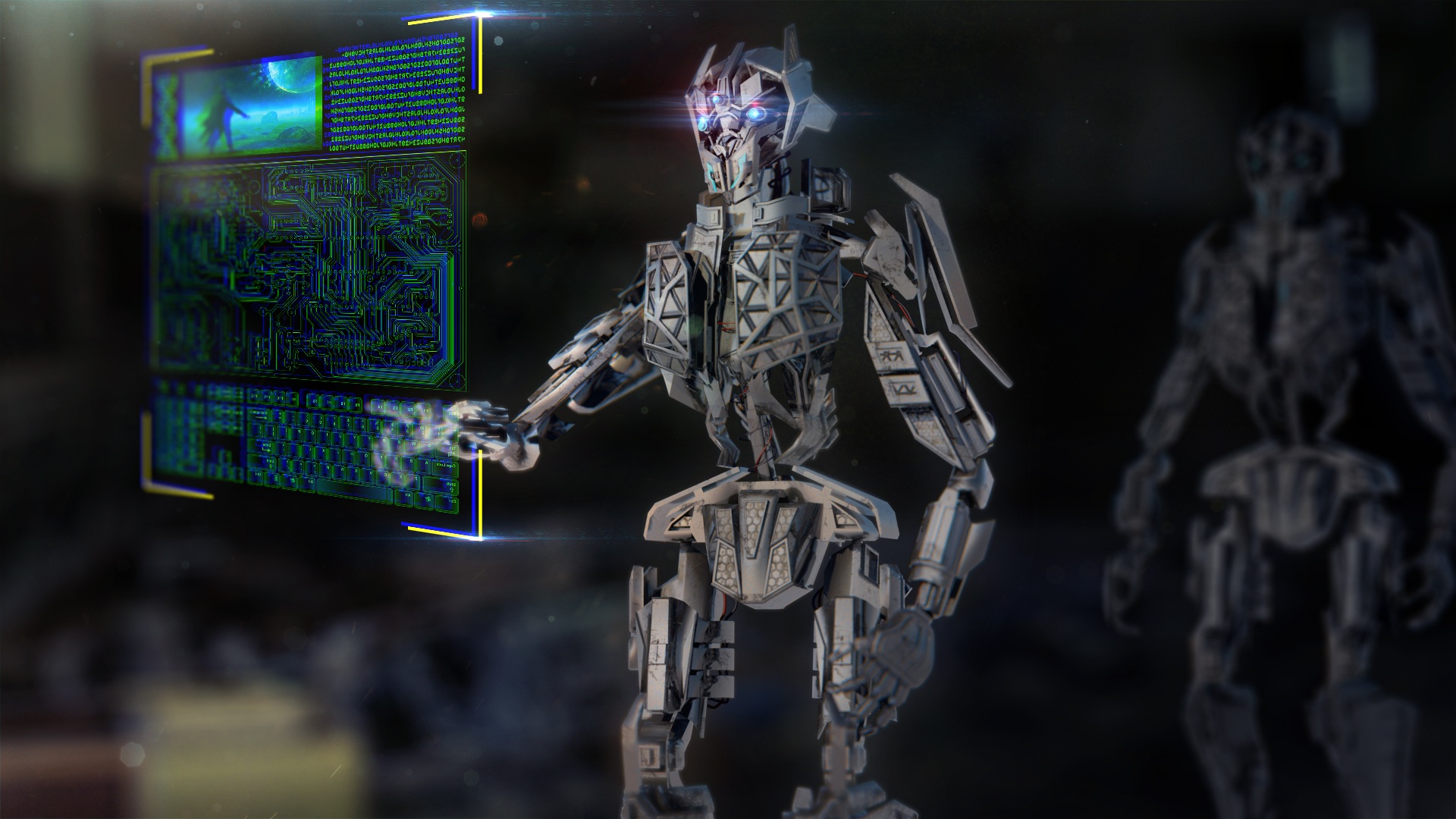In recent years, the IT community has been very interested in quantum computing, and for a good reason. This state-of-the-art technology can fundamentally alter how we handle and store data, bringing about advancements in various industries, from artificial intelligence to encryption. So what is quantum computing precisely, and why is it so unique?
We’ll examine the potential applications of quantum computing in more detail in this blog article and explain what makes this technology such a game-changer.
Artificial Intelligence is constrained by the computing power of conventional computers while producing practical applications on them. Artificial Intelligence (AGI) may benefit from a computational boost from quantum computing, allowing it to handle more challenging issues.
Quantum computing: what is it?
A universal model known as quantum mechanics is built on ideas not found in everyday experience. A quantum model of the data is required for quantum computing to process data. For error correction and the proper operation of the quantum computer, hybrid quantum-classical models are also needed.
Quantum data For computerization, quantum data may be thought of as data packets housed in qubits. The qualities that make quantum data necessary, such as superposition and entanglement, also make it difficult to see and store. Moreover, because quantum data is noisy, machine learning must be used to evaluate and interpret this data appropriately.
Quantum-classical hybrid models Only when generating quantum data using quantum computers is it very probable to obtain nonsensical data. Because of this, a hybrid model develops when it is driven by quick data processing components like the CPU and GPU, which are typically employed in traditional computers.
Why is it crucial?
Although artificial intelligence (AI) has advanced quickly over the past ten years, it has yet to overcome technological constraints. Obstacles to obtaining AGI (Artificial General Intelligence) can be removed thanks to quantum computing’s unique properties. Machine learning models can be trained quickly with quantum computing, and the process may also be utilized to develop improved algorithms. Quantum computing’s optimized and reliable AI may speed up years of investigation and provide technological advancements. Some core issues facing modern AI include neuromorphic cognitive models, adaptive machine learning, and reasoning under uncertainty.
How is quantum AI implemented?
An example of a set of tools that combines quantum modeling with machine learning methods is Google’s TensorFlow Quantum (TFQ), an open-source framework for quantum machine learning. TFQ aims to offer the tools required for modeling and controlling natural or created quantum systems.
Explore the Possibilities of Quantum AI
Quantum computing operates on the fundamental ideas of quantum physics to process data. This enables quantum computers to complete some tasks far more quickly than conventional computers and to resolve issues that would be impossible otherwise. One of the best things about quantum computing is that it can simultaneously handle a lot of data. This is especially helpful for jobs like data analysis and encryption.
Artificial intelligence is another field where quantum computing has a lot of potentials. Quantum computing has the potential to make AI systems more competent and effective because it can process huge amounts of data in real-time. Using quantum computing to make new, more accurate, and more effective AI algorithms could speed up the progress of AI research.
Quantum computing has many possible benefits, but it is still an increasing field. There are still a lot of obstacles to be cleared before it can fully realize its promise. This covers everything from building more powerful quantum computers to creating more complex algorithms and software that can benefit from the unique properties of quantum computing.
What critical junctures will quantum AI reach?
Quantum AI is still in its early stages, but advances in quantum computing are making it more useful. Quantum AI needs to reach a few milestones before it can move forward and become a more established technology. These achievements can be summed up as follows:
Many people use open-source modeling and training frameworks, making it easy to make AI apps that work better with quantum computing than traditional computing. The advancement of quantum AI will be made possible by these crucial developments.
Conclusion
Quantum computing holds a lot of promise, and it’s a field of research that merits careful attention. Quantum computing is an area that has the potential to revolutionize the world in ways that we can only begin to imagine, whether you’re a researcher, a tech enthusiast, or just someone interested in the future of technology.









